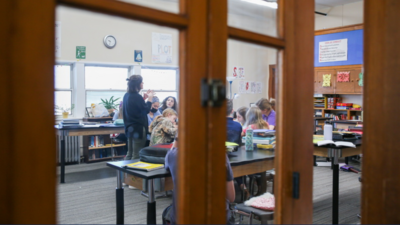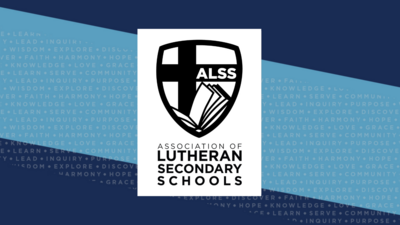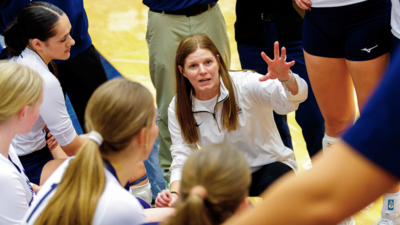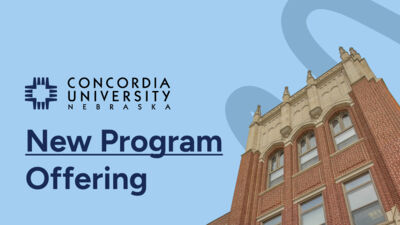Career Spotlight: School Counseling

The role of a school counselor is a vital one in public, private and parochial schools; however, with a suggested ratio of 250 students for every one school counselor but a U.S. average of 385 students per counselor, the numbers are lacking. At Concordia University, Nebraska, training the next generation of school counselors who are informed about how to practice in the field as well as rooted in the Christian faith is of great importance.
Students of all ages, from elementary school through high school, can benefit from the presence of a counselor possessing the skills to offer short-term mental health support, academic and behavioral goal-setting assistance, and referral to outside resources in their schools. The titles of “school” and “guidance” counselor are typically interchangeable; however, according to the American School Counselor Association (ASCA), the shift toward using the “school counselor” title encapsulates this person’s proactive, leadership-oriented, and improvement-focused role rather than one that is more reactive and isolated.
Individuals who train as school counselors provide academic, personal and social-emotional support to students of various age groups as they navigate learning and growing in the educational system. They may aid students who struggle with behavioral challenges, emotional struggles, or difficult family circumstances. At Concordia, Christ-centered, holistic perspectives combine with practical, modern counseling education to create school counselors who can share the love of Christ in Christian schools alongside these other types of support.
Although any role in a school comes with some level of variety and even unpredictability, the daily tasks of a school counselor are, in a broad sense, similar across any type of setting in which they serve, even if particular circumstances vary greatly each day. They may offer individualized support, small group interventions or even visit classrooms and provide general education on mental health, personal care or academic strategies.
In addition, school counselors often act as diplomats among classroom teachers, school administration, parents, and other outside resources for students. They may advocate for students with individualized education programs (IEPs), inform teachers of necessary accommodations or refer families to outside mental health resources for long-term care.
According to the Bureau of Labor Statistics, school counselors make around $60,000 per year, although wages can vary based on geographical location, type of institution and how many duties the counselor completes at different times of year. The role requires counselors to hold a master’s degree, internship or practicum hours and licensure as a professional school counselor. To participate in Concordia’s school counseling program, students need not be certified as teachers; however, those who are already certified have a 50 credit-hour program completion requirement as opposed to a 62-hour requirement for non-teacher students.
If you wish to serve students in educational settings by offering them additional and/or individualized assistance, communicate with different parts of the school system to form cohesive support plans for individuals, and provide education on how to help children flourish at school, then your skills may fit uniquely into the role of a school counselor. School counselors have a vital and much needed vocation – so why not consider becoming one?
Interested in Concordia’s M.A. in school counseling? Learn more here.
Related Stories


